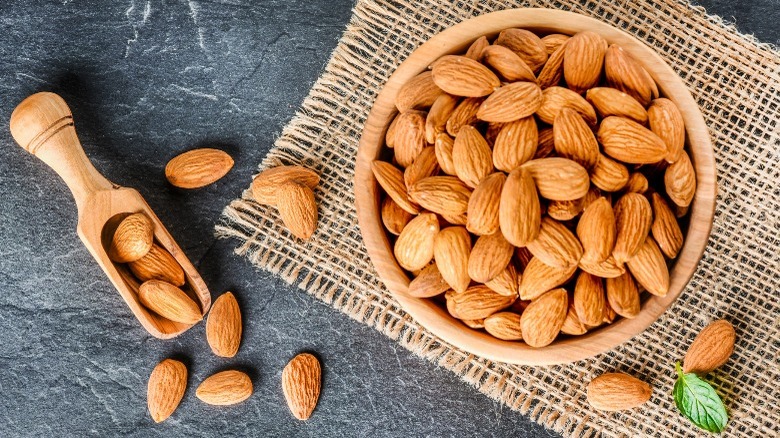How A Healthy Gut May Be Key To A Healthy Brain
If your brain has been a bit foggy lately, scientists say that this isn't all in your mind. In fact, the source of the problem could very well be in your gut.
According to research recently published in the medical journal, JAMA Network Open, you are more likely to have stronger attention skills, more self-control, and better memory if your gut contains a robust balance of healthy bacteria.
The gut microbiome is a complicated place, colonized by trillions of microorganisms. For this reason, the study, which included 600 participants with an average age of 55, focussed only on 1 gene in an unspecified bacteria group. The results showed that the participants appeared to perform better on cognitive tests, although more research is needed to understand why.
Researchers are still trying to determine the direct connection between the brain and gut health, but they have theories about why a healthy gut is conducive to a healthier brain. "We know from animal models that the gut microbiota is involved in systemic inflammation, which is a risk factor for brain pathology," study author Katie Meyer, an epidemiologist at the Nutrition Research Institute at the University of North Carolina at Chapel Hill, told U.S. News & World Report.
These are the best methods to maintain gut health
While a number of factors play a role in supporting a healthy gut, maintaining a healthy diet is unsurprisingly key. According to Healthline, eating a diverse assortment of healthy foods is, first and foremost, the best thing you can do to support your diverse gut microbiome. This includes eating a variety of fruit, vegetables, legumes, and beans. Eating these foods will provide your body with fiber, which will stimulate the growth of certain bacteria.
"We have to rally whole communities of bacteria," Dr. Christopher Damman, an assistant professor of gastroenterology and medicine at the University of Washington, told U.S News & World Report. "This starts with including more plant-based fiber in your diet to feed the good bugs and enhance the diversity of your gut microbiome."
Including yogurt in your diet will also contribute to a healthy gut. Choose yogurts that are low in sugar and contain live-active cultures. To support the bacteria in your large intestine, consume foods that contain the plant compounds, polyphenols. Almonds, blueberries, and broccoli are rich in polyphenols (via Healthline).
Besides adhering to a diverse and healthy diet, Johns Hopkins Medicine also advises that you get a good amount of sleep on a regular basis. Exercise can also lower your risk of obesity. Given the link between the brain and gut health, be sure to also look at ways to reduce stress and find help if you are suffering from anxiety or mood disorders.

